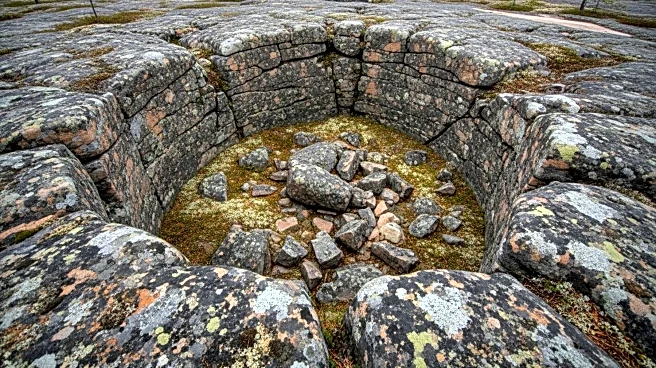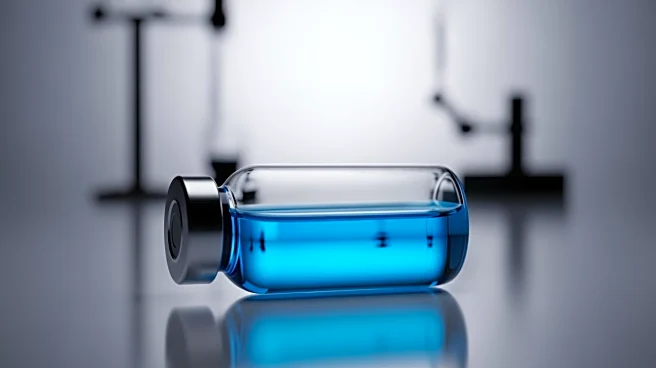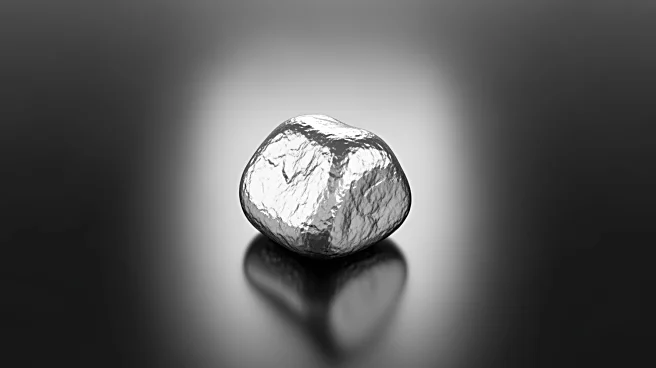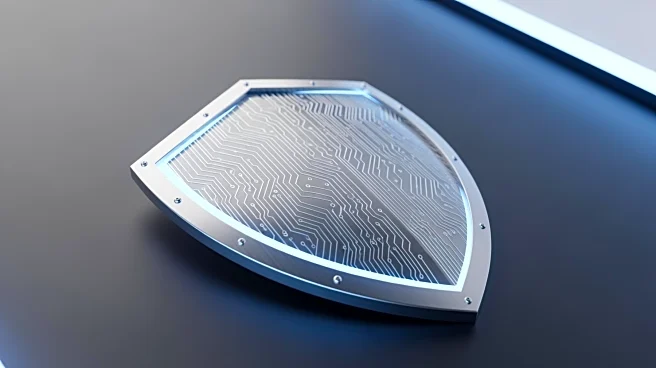What is the story about?
What's Happening?
A new study has revealed that microbial life colonized the hydrothermal system created by an asteroid impact in Finland 78 million years ago. Researchers used isotopic biosignature analysis and radioisotopic dating to trace microbial sulfate reduction in minerals and fractures within the crater. This marks the first time microbial activity has been directly linked to a meteorite impact using geochronological methods. The study suggests that impact craters can serve as habitats for life long after the initial event, providing insights into how life might emerge on Earth and other planetary bodies.
Why It's Important?
The findings have significant implications for understanding the emergence of life on Earth and potentially other planets. By demonstrating that impact craters can host microbial life, the study supports the hypothesis that asteroids may play a role in spreading the building blocks of life across solar systems. This research also highlights the resilience of life, showing how it can rebound after catastrophic events. The methods used in the study could be applied to future missions exploring microbial colonization on Mars or other celestial bodies, advancing our knowledge of life's origins.
Beyond the Headlines
The study opens new avenues for exploring the role of meteorite impacts in creating habitable environments. It suggests that asteroids not only deliver essential materials for life but also create conditions conducive to microbial colonization. This research could influence the search for life beyond Earth, guiding exploration strategies for planets and moons with impact craters. Additionally, the study provides a timeline for how life can adapt and thrive after a major impact, offering insights into the resilience and adaptability of life in extreme conditions.















